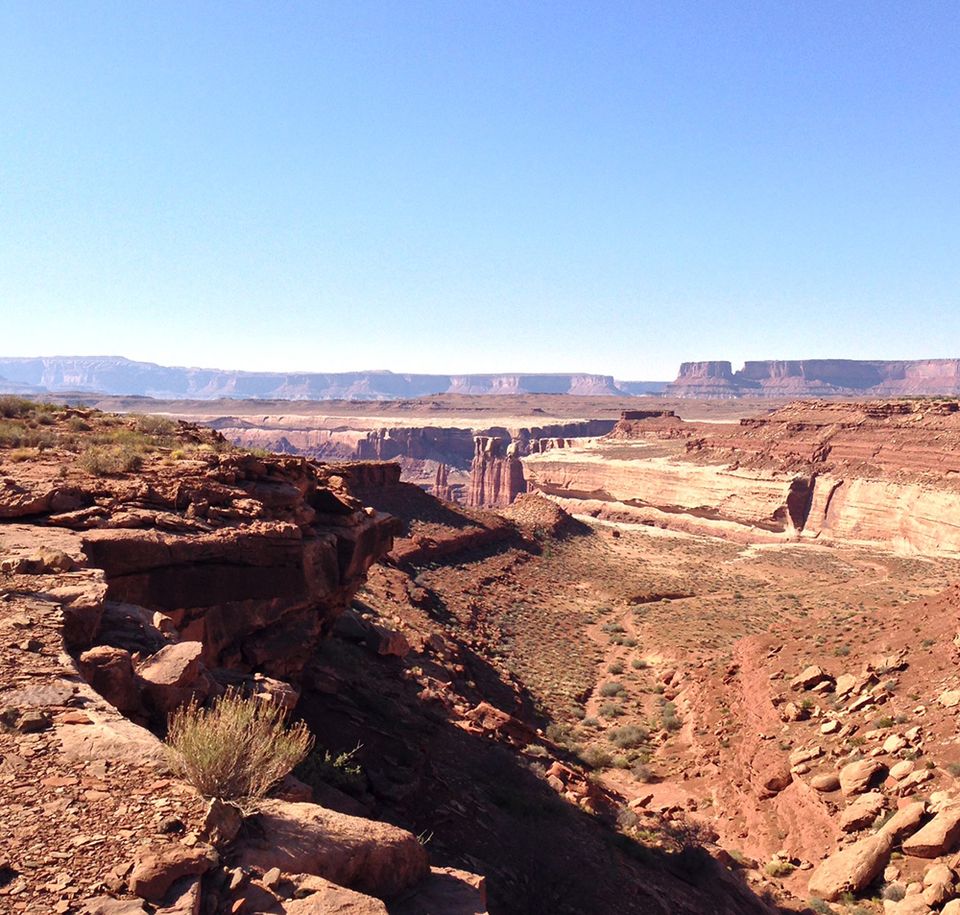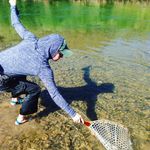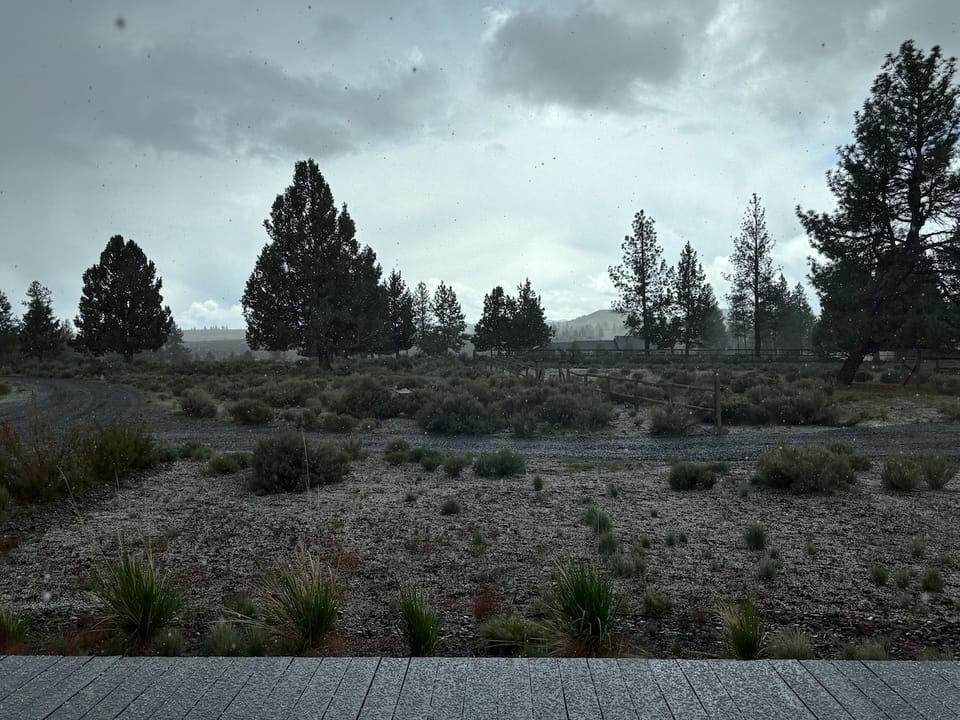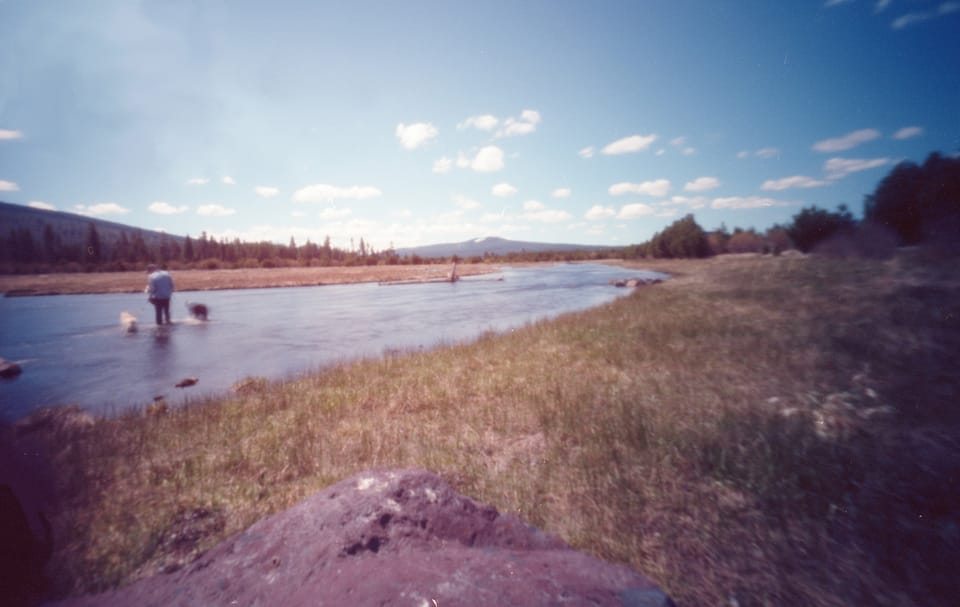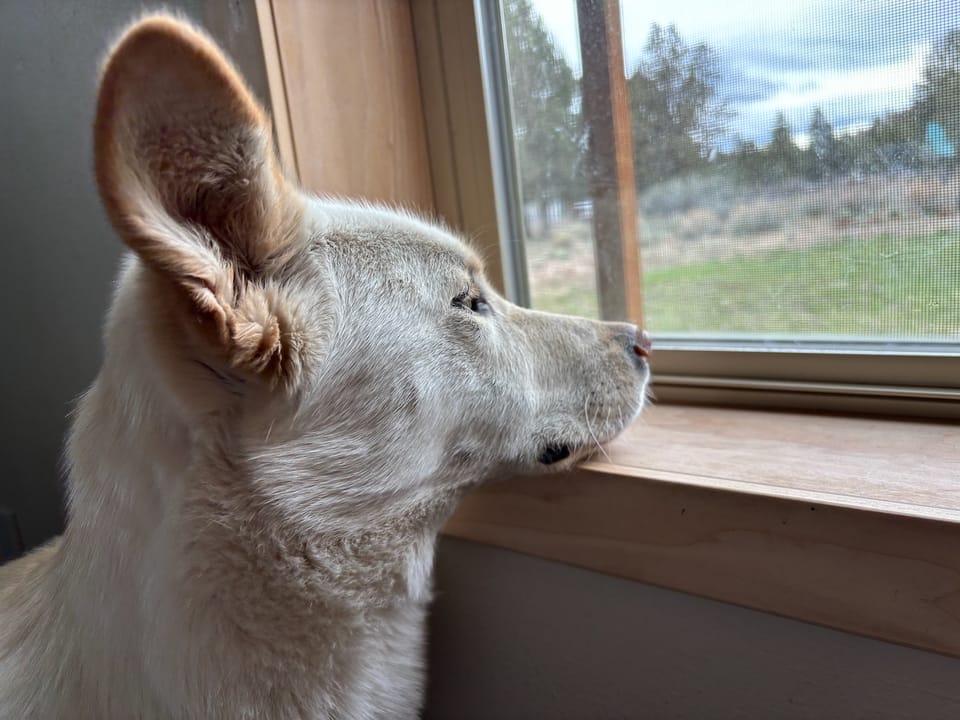A couple of weeks ago, I wrote How to Adventure. Here are a few reasons why…
Stars: If you are far enough away from a city on a moonless night, tucked into a canyon, or perched on a mesa, you will not believe how many stars there are. So many, it can be hard to find the few constellations you might know, and space doesn’t look vast and empty at all but cluttered with tiny dots of light.
Time: When you are in camp the things on your mind are when to bike when to eat, when to have a beer, what is that thing that the dogs are eating, the sunset, the stars, locating the headlamp, etc.. Being outside takes you away from the reminders of inside life, of work, of emails, trivial tasks that make our lives so “busy.” There is plenty of time to sit, have a silly or meaningful conversation, laugh, do nothing… Maybe this doesn’t sound like a big deal, but I find it to be more therapeutic than any other sort of intervention.
Silence: This is a common theme on Wild Westish, but in our noisy world, I value the ability to experience no car-driving, alarming or un-alarming, honking or door slamming sounds, no humming appliances, no airplanes or helicopters, no power tools, no snow or leaf blowers. Sounds that are enjoyable in the otherwise silent outdoors include insects buzzing, owls, woodpeckers, hawks, and other wild animal calls, perhaps a creek making noise as it passes over rocks, wind in the trees.
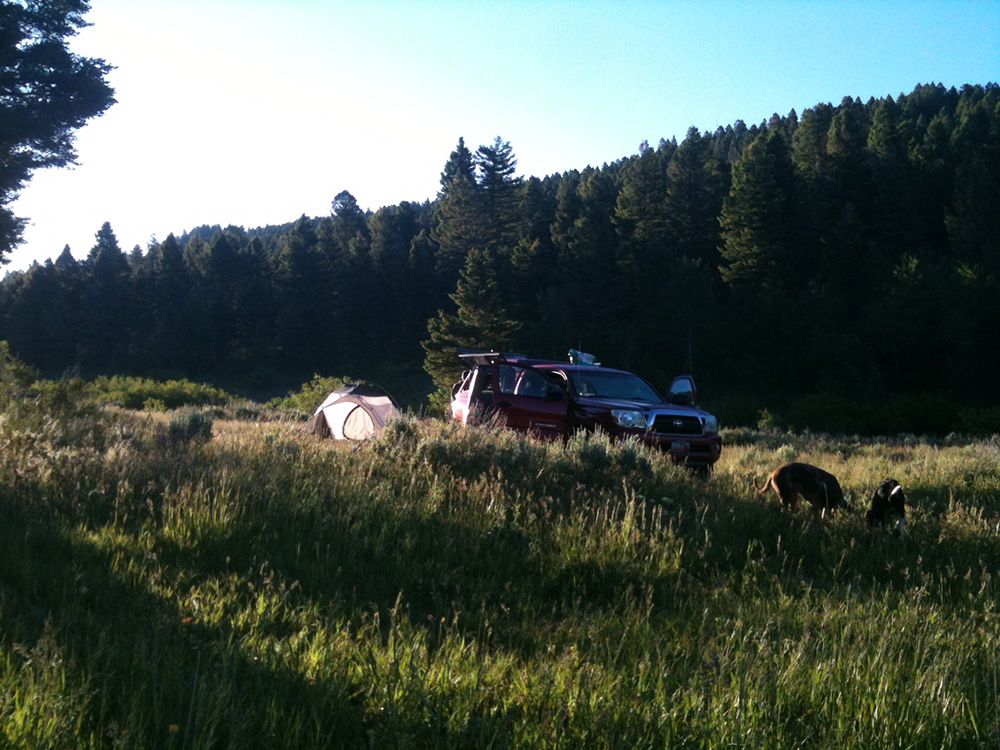
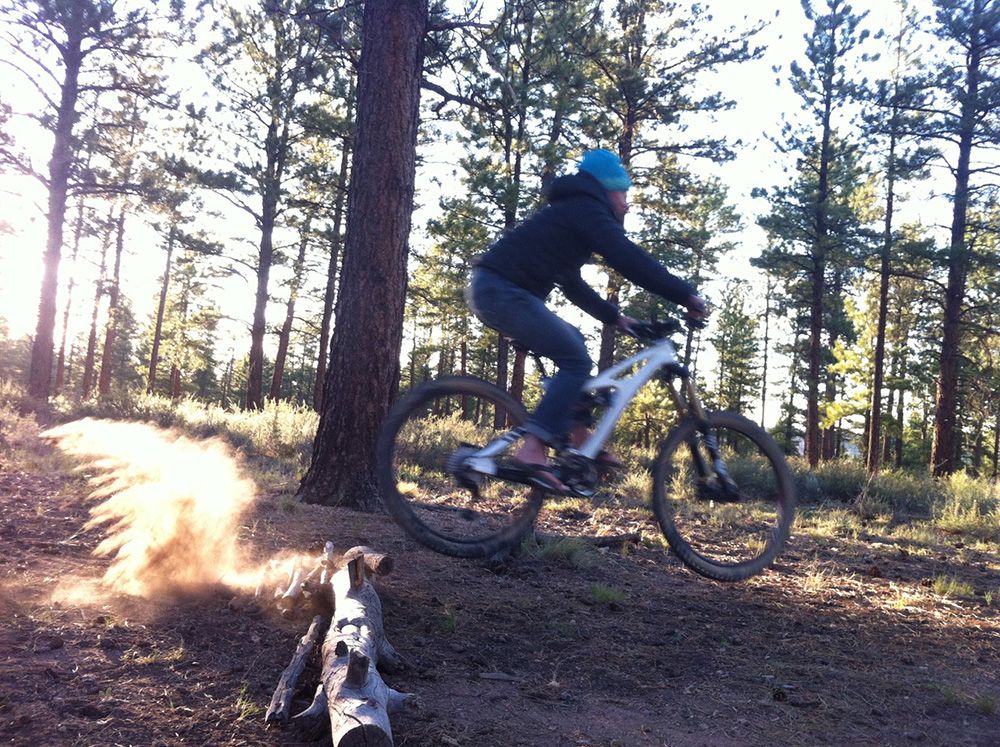
Vastness: There is something to feeling tiny, a speck on the planet, that also makes you feel a part of it, connected to the place. For me, uncluttered sightlines make my mind feel expansive, rested, and eager for exploration. For the past two years, I have lived in a house without a view. I figured, since I get outside so often, this would not be a big deal. The sight of red brick walls sandwiching us in across driveways has made me much less happy than I ever would have anticipated. Extended periods with a view, from a camp chair, the middle of a river, the top of a mountain, or a ridgeline, are restorative to the soul. Never take a view for granted.
Dirt: I’ve touched on this before, but when you are walking, eating, sitting, sleeping in dirt, there is nothing to do but relax and embrace it. It’s just a little grit, after all, not MRSA or staph or any of those invisible icky things that lurk in the city. It is just not practical to travel with the dozens of gallons of water that we all use in daily life to wash our bodies, dishes, clothes, teeth. Being frugal with water reminds me how little we really need. They say it’s a good thing to not wash your hair for a few days, and some dirt in your toenails isn’t the end of the world. And that shower when you get home is that much more delicious.
Air: If you live in the city and happen to ride a bike to work, you are probably intimately familiar with car and truck fumes. I can tell you what time the refinery released its toxic gases by how strong the smell of sludge is. We have something called “lake stink.” But air can also carry the smell of the ocean, of rain, of impending storms, primroses, honeysuckle, skunks, dead things, decaying earth, crushed grass, pine trees, that smell of a dry forest (what is that?), the sweet smell of spring. This is what they call fresh air, and it’s the kind I prefer.
Many people whine about wind, but I love the way it makes air visible as it moves through trees and across water, and lifts leaves into a dance. Take some time to feel it, even if your only chance to be outside is through the front door in your office building.


